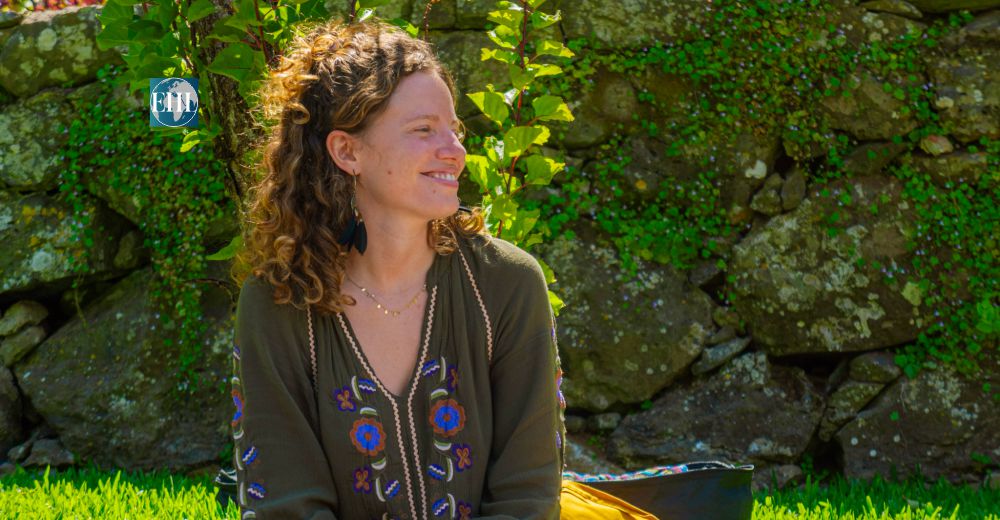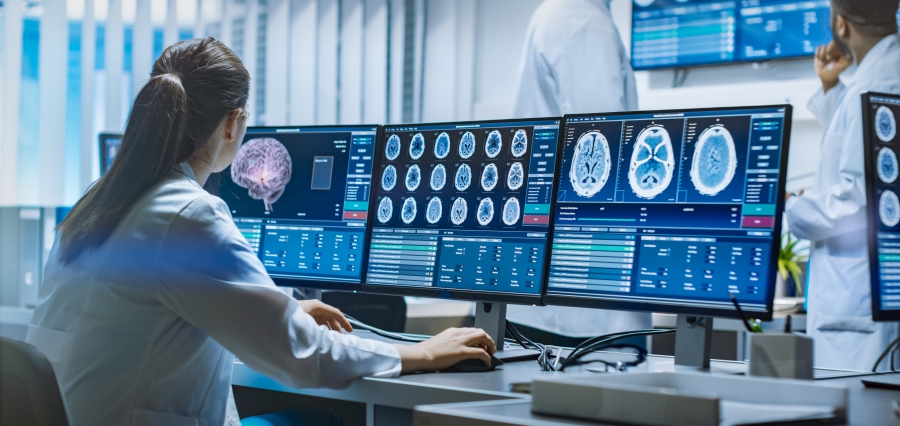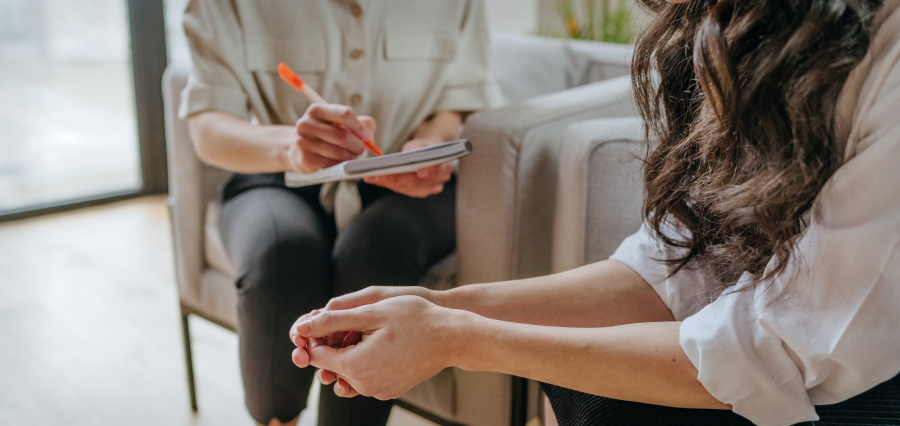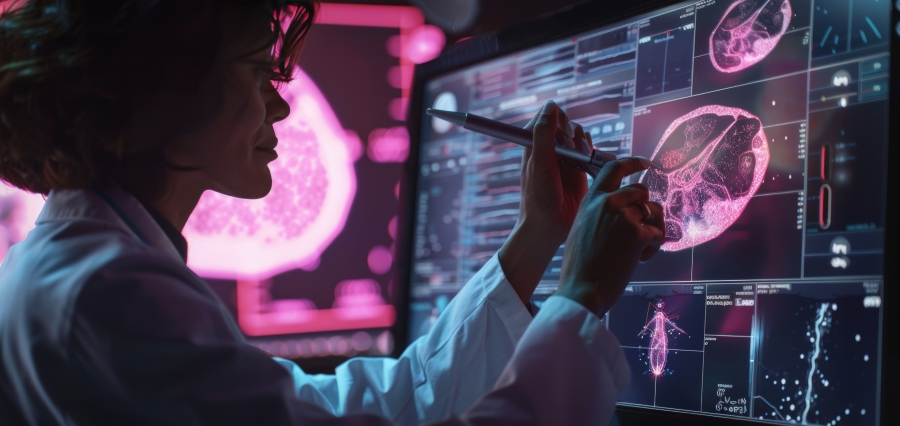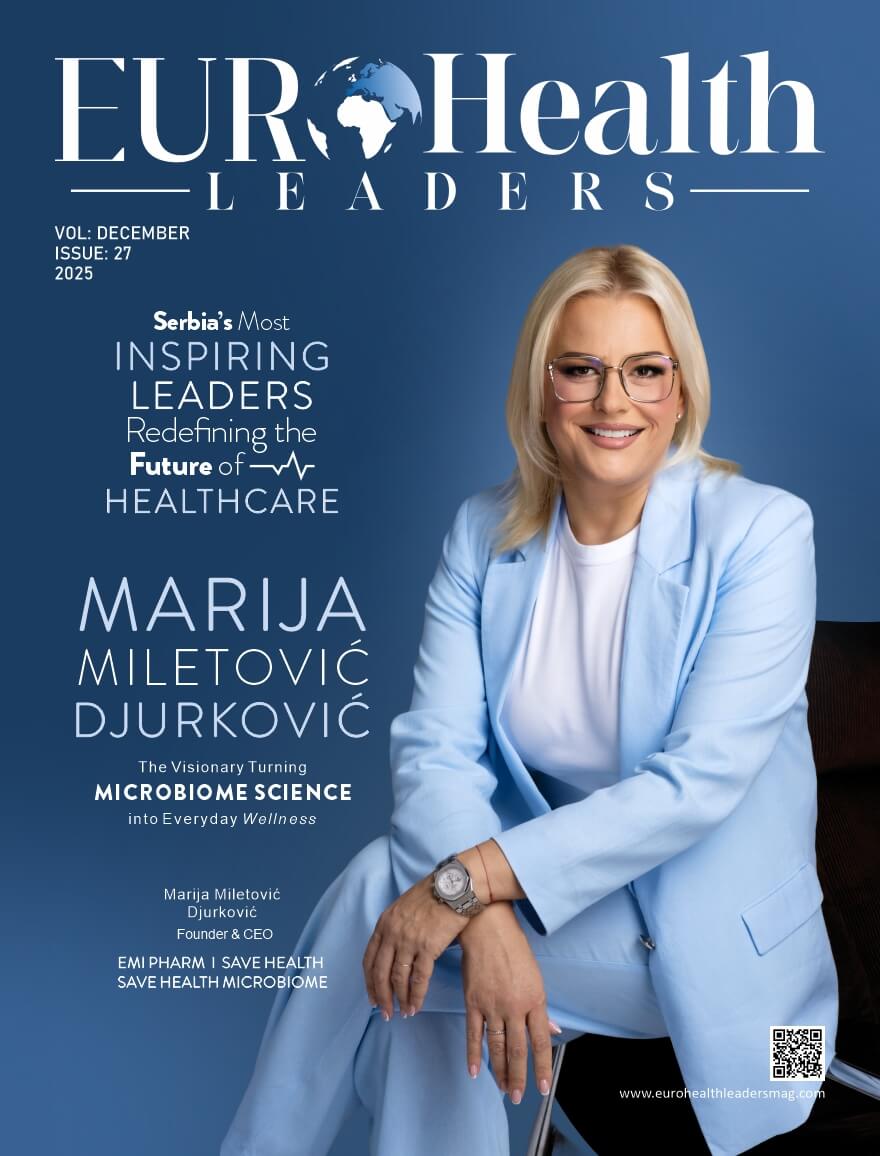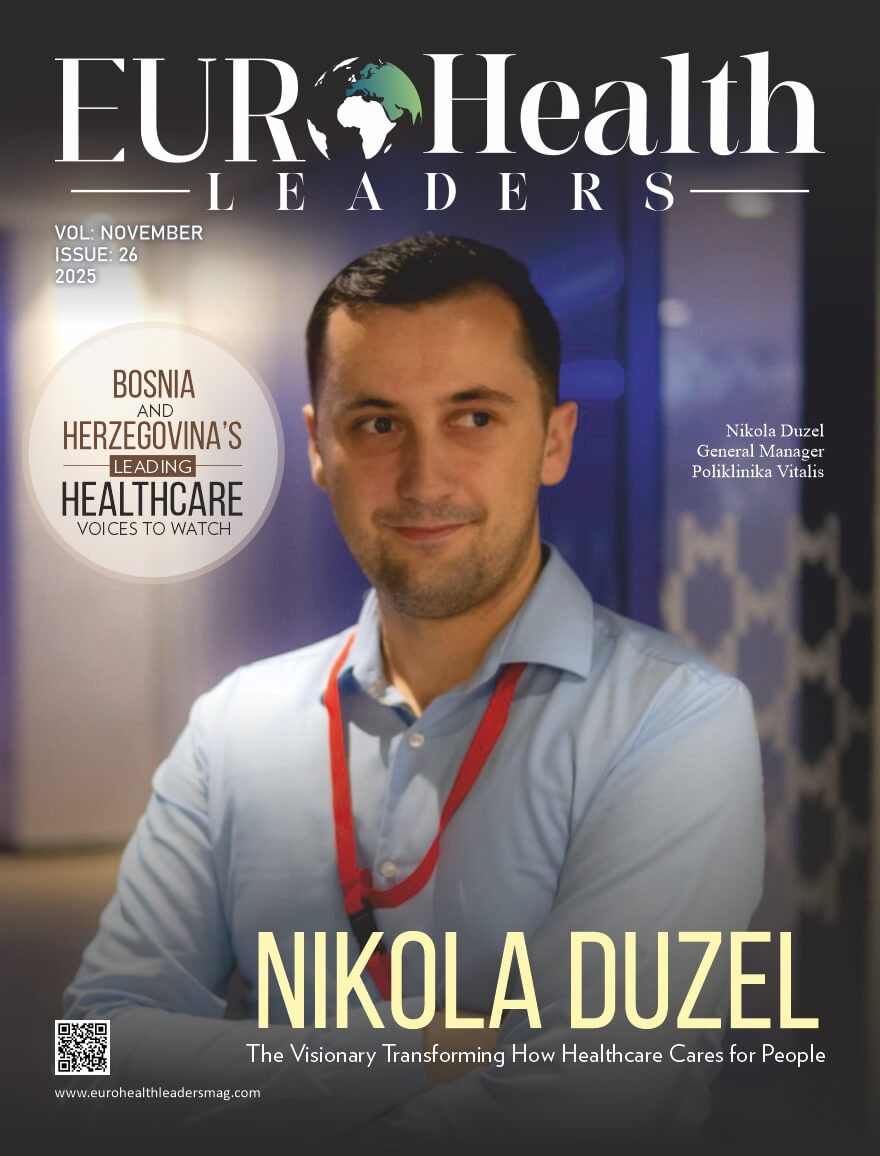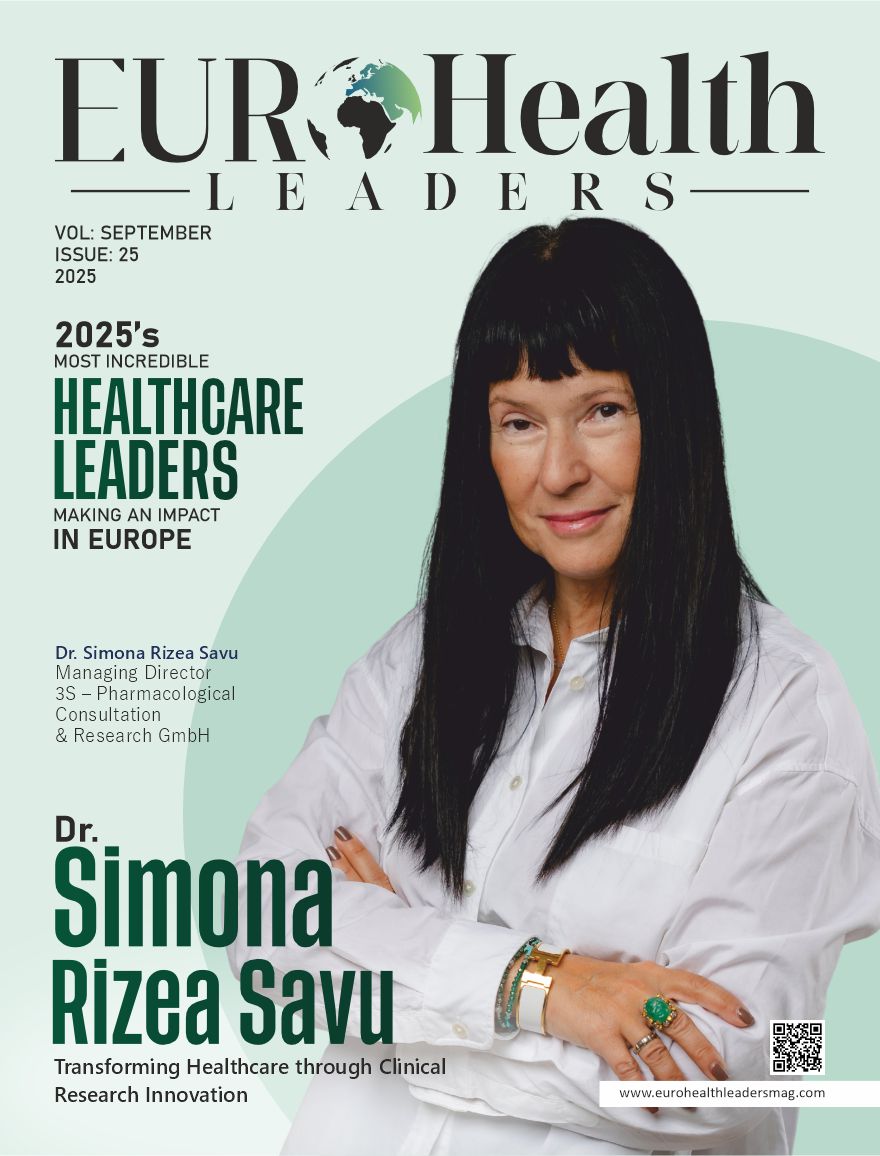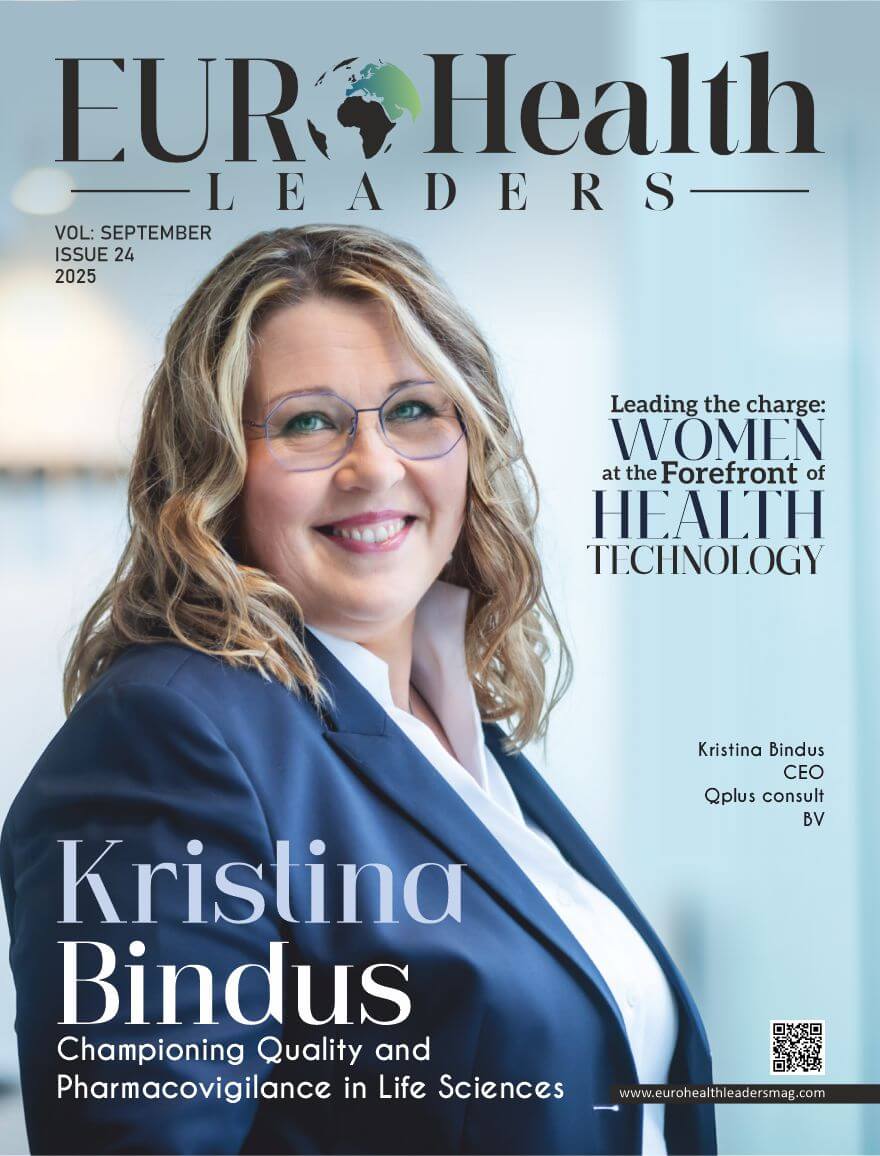Sophiia Dehé, Founder of Occidental Awakening, is on a mission to bring together the best of two worlds: ancient healing traditions and modern health technology. From a young age, she was drawn to psychology and indigenous practices, curious about how we truly heal—body, mind, and spirit.
After years in a corporate job, she moved to a quiet Portuguese island. Living closer to nature, she realized how little space modern life leaves for reflection and intuition, but also how technology could help us reconnect with ourselves.
Through Occidental Awakening, Sophiia shares stories, practices, and insights that honor old wisdom while embracing modern tools. Her work is grounded, personal, and deeply human—a reminder that real health comes from balancing progress with our inner lives.
Let’s delve into the interview details below!
What inspired you to found Occidental Awakening, and what core mission drives your work today in the health technology space?
I grew up immersed in the field of healing, influenced by my father, a psychologist whose library sparked my early curiosity. At 12, I was already reading about self-development, philosophy, and psychotherapeutic tools and methods, but I was especially drawn to his collection on indigenous healing traditions. While I deeply value psychology and the advances of modern health technologies, I’ve always felt something was missing—the ancestral and spiritual dimension of healing that we, as Westerners, have lost through the decimation of our spiritual and cultural heritage.
Occidental Awakening was born from this curiosity and conviction: to bridge the wisdom of ancient healing practices with the innovations of modern society. My mission today is to create a space where ancestral knowledge and contemporary health technologies complement one another, offering a more integrative vision of human well-being. One that involves our physical, mental, and spiritual dimensions altogether. A holistic approach.
Can you share the story behind Occidental Awakening and the specific gap in health or wellness you aimed to address?
After earning a bachelor’s in psychology and working as a talent management consultant in a leading firm, I realized how disconnected many people—including myself—were from their inner world, from nature, and from a deeper sense of humanity. Surrounded by the constant noise of modern systems, I felt something essential was missing in how we approach health and well-being.
I left my job and moved to a Portuguese island, where silence, nature, and genuine human connection helped me see that our fast-paced lives rarely allow space for self-exploration or intuition. Yet I also believe in the value of modern progress and technology, so I began asking: how can we reconnect with ancestral ways of living and healing, without rejecting the advances of our society?
Occidental Awakening was created to explore this very gap. Through stories, interviews, and practices, my mission is to bridge ancestral wisdom with modern wellness. This is not a question with a quick solution—it is my life’s work. The answers will unfold little by little, as I continue this exploration alongside the people and cultures I encounter. I guess you’ll have the answers as I advance in my exploration!
How does Occidental Awakening integrate technology with holistic or traditional healing methods?
Occidental Awakening creates a space where modern technology and ancestral wisdom can meet, not in opposition but in dialogue. The goal is not to decide which path is “better,” but to explore how practical, grounded changes in our lifestyles can integrate both worlds.
One of my key inspirations is Corinne Sombrun, a French journalist who, after experiencing a shamanic ceremony in Mongolia, dedicated her life to studying trance states scientifically. By translating shamanic practices into a language modern society can understand, she helped break taboos and bridge spirituality with science.
In a similar way, Occidental Awakening seeks to bring ancestral healing knowledge into contemporary contexts. Through exploration, documentation, and storytelling, I aim to reframe these practices in ways that resonate with modern culture, while honoring their roots. Ultimately, technology becomes a tool to amplify and validate this wisdom—making it accessible and relevant, so we can reconnect with ourselves, our intuition, and the wider ecosystem we belong to.
What personal experiences or values have most shaped your leadership approach?
A defining experience that shaped my leadership approach was my recent solo expedition to Siberia, on the frontier between Russia and Mongolia. I went there to explore and document shamanic traditions as part of my project, Occidental Awakening. Traveling alone into such a vast and unfamiliar land, without guaranteed contacts or certainty about what I would find, pushed me far beyond my comfort zone.
In that journey, I had to rely on resilience, adaptability, and above all, my intuition. There were moments of doubt and isolation, but I learned that true leadership is not about having everything under control—it’s about holding a strong vision, trusting the process, and staying open to what unfolds. This experience deeply shaped how I now lead: with courage, presence, and the ability to navigate uncertainty while inspiring others to do the same.
As a woman leading a health tech initiative, what challenges have you faced, and how have you navigated them?
One of the biggest challenges I’ve faced is the deep-seated taboo around spiritual practices in Europe, where traditions like paganism, druidism, and Celtic rituals were historically suppressed. This left a cultural gap and created lasting misconceptions, making it difficult to introduce ancestral wisdom into modern conversations about health and technology without skepticism.
To navigate this, I’ve learned to stay grounded and intentional with my words. I adapt my language to the audience in front of me, drawing connections between spirituality and topics that resonate broadly—such as climate change, politics, or economics. By framing these practices in ways that align with modern perspectives, I create bridges of understanding. My goal is not to convince, but to open dialogue, showing how ancestral and technological approaches can complement each other in building a healthier future.
What long-term impact do you hope Occidental Awakening will have on the future of healthcare?
In the long term, I hope that Occidental Awakening helps dissolve the taboos and misconceptions surrounding ancestral healing knowledge, allowing it to take its rightful place alongside modern healthcare innovations. At a time when people are yearning to reconnect with their essence, we need approaches that honor both progress and humanity—slowing down without losing our capacity to create and advance.
A central part of this vision is the role of intuition. Ancestral traditions have always valued the inner voice as a guide to healing, yet modern society has gradually silenced it in favor of rationality alone. I believe the future of healthcare will integrate this higher intelligence within us—intuition—into both practices and technologies. By bridging ancient wisdom with modern innovation, we can create a more holistic and human-centered healthcare system for tomorrow.
What advice would you give to women aspiring to lead in the health technology sector or start purpose-driven ventures?
My biggest advice is: listen to your body. It constantly gives you clues, and for women, this is especially important. The modern working system is built on a 24-hour cycle that reflects masculine patterns, but women move through four different phases within a 28-day cycle. Our energy is cyclical—there are times when we can move mountains in a few days, and others when rest and reflection are essential.
Embracing this rhythm rather than fighting against it is crucial for women leading purpose-driven ventures, especially in the health sector. Older women taught me this wisdom, and it completely transformed how I work. By honoring my cycle, I’ve learned to plan projects around my natural flow, balancing high-productivity phases with slower periods of integration. This not only sustains my energy but also keeps my work aligned with my well-being.

